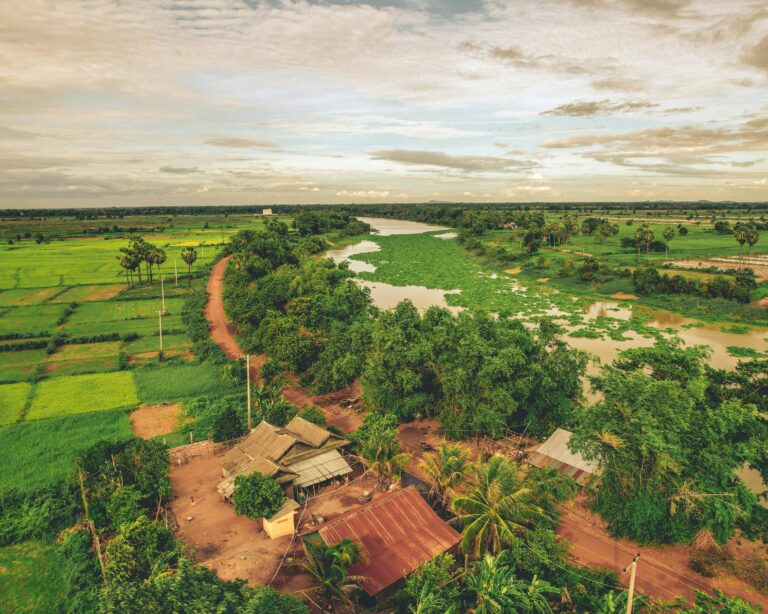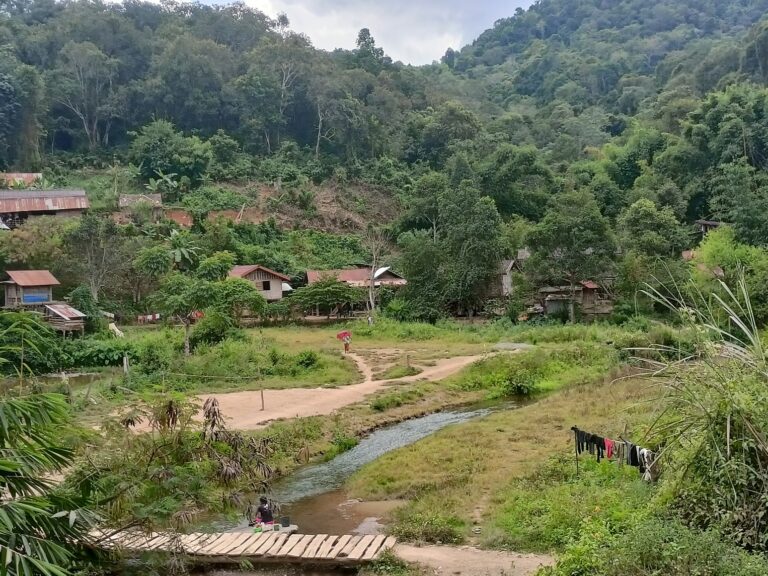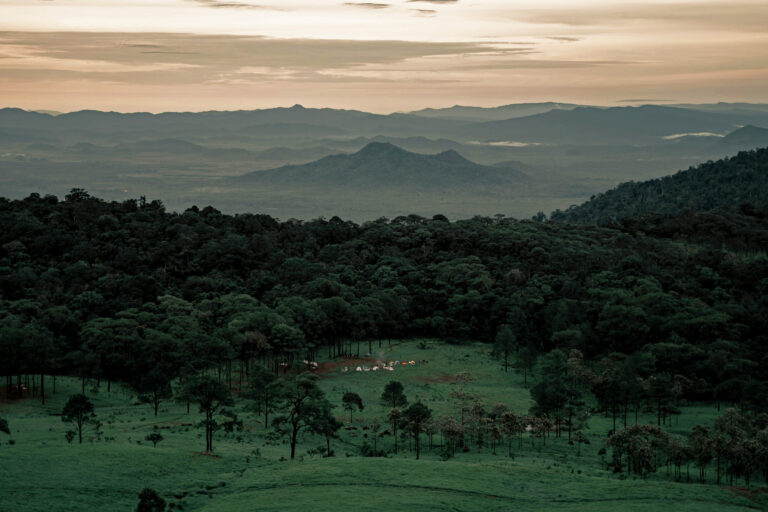Project Description
The Maldives faced high climate risk due to its physical vulnerability, low adaptive capacity, and reliance on sectors such as tourism, fisheries, and subsistence farming. Rising temperatures, changing rainfall patterns, and intensifying storms increased threats from coastal erosion, floods, and storm surges, with critical infrastructure located dangerously close to shorelines. Climate change was projected to cause economic losses amounting to 2.3% of GDP by 2050 and 12.6% by 2100. To address these challenges, the Asian Development Bank (ADB), in partnership with the Ministry of Environment, Climate Change and Technology, designed an investment project to enhance adaptation and resilience by addressing flood risks, early-warning systems, and food system vulnerabilities.
Objectives, Activities, and Results
The ICEM-EPOCH Joint Venture supported ADB through a Transaction Technical Assistance (TRTA) assignment to prepare the climate adaptation and resilience project. Key activities included conducting nationwide climate diagnostics using CMIP6 models, climate risk assessments, and feasibility studies for prioritized subprojects. The team developed detailed project designs, safeguard documents aligned with ADB policy, bid documents, and implementation arrangements. The project featured three outputs: strengthened climate planning and response capacity, urban flood protection infrastructure, and resilient agri-food systems. Final outputs included complete investment project documentation for ADB Board consideration and initiation of project start-up activities.




